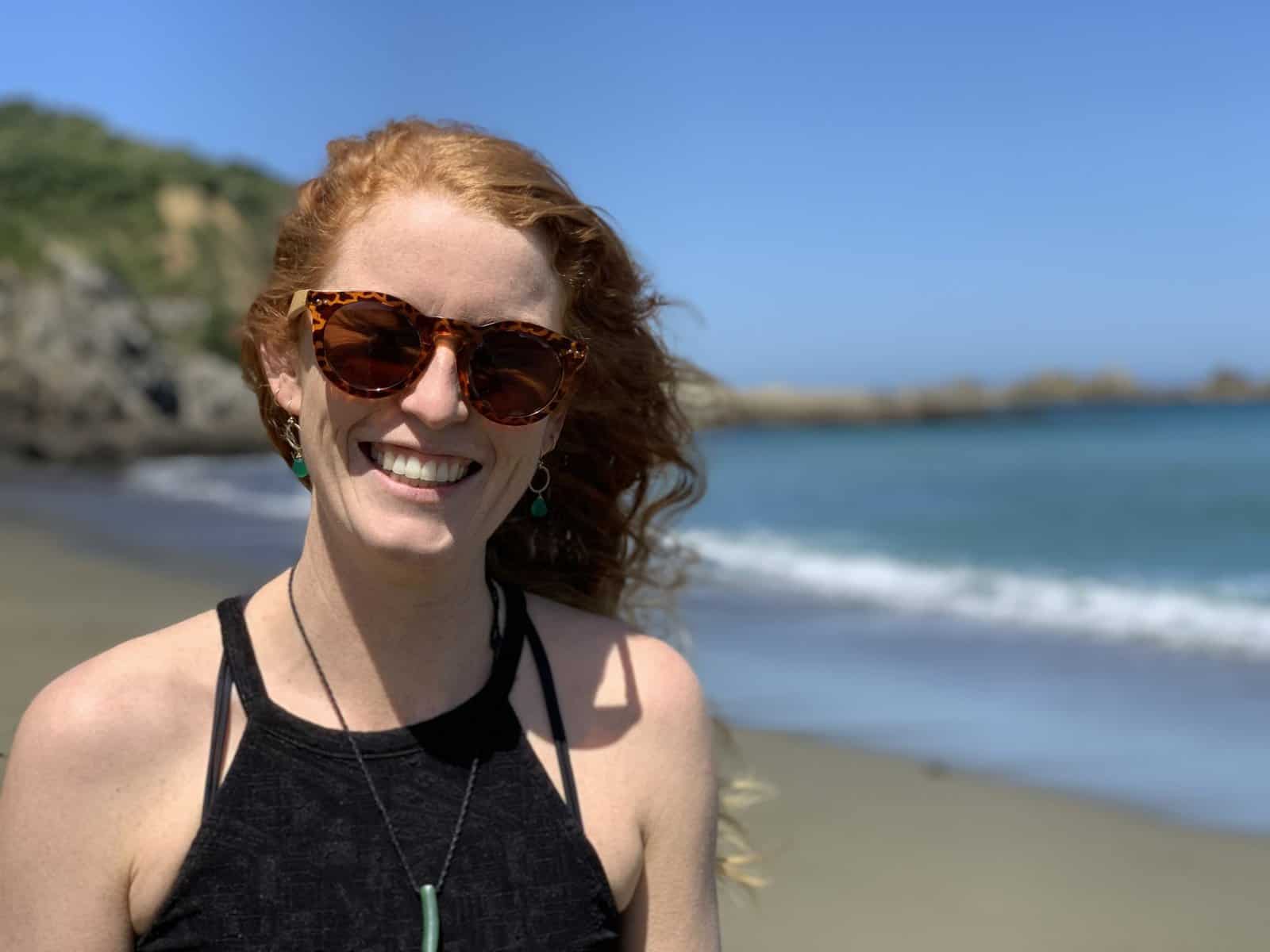The goal of Novel Tools & Strategies – Invertebrates is to develop a new, landscape-scale invertebrate pest management tool by 2024. A new tool would improve effectiveness and avoid unwanted impacts caused by current chemical control methods, which can harm the environment and native invertebrate populations.
Wasps, especially those from the Vespula genus, are key pests the team is targeting.
“Wasps are some of Aotearoa’s most damaging pests,” says Natalie Jones, who is just finishing up her Master’s. “They feed on honeydew, which is a main source of food for our native birds, lizards and insects. At a very specific point in their lifecycle, wasps also require protein and will actually eat insects and sometimes chicks as well.”
Wasps may be small in size, but their sheer numbers allow them to devastate the environment.
“It’s difficult to comprehend how many wasps there truly are,” Natalie says. “In some parts of the country, their combined mass is greater than that of rats, stoats and possums combined.”
Natalie has been on the front lines of wasp control in Aotearoa for several years. She worked in the Pōneke/Wellington region as a team leader, volunteer coordinator, regional manager and National Programmes Manager for the NGO Conservation Volunteers New Zealand. As part of her role, she was involved in the national Wasp WipeOut programme in partnership with DOC.
“The programme uses Vespex®, which is a poisonous bait,” says Natalie.
When Natalie saw a one-year Master’s scholarship advertised with the Novel Tools & Strategies team, she jumped at the opportunity. The Master’s, which she is completing through Te Herenga Waka – Victoria University of Wellington, entails looking at public perceptions towards novel biotechnology.
“I specifically wanted to understand the perspective of volunteers in the conservation space,” says Natalie.
Under the supervision of Ocean Mercier, Natalie developed a survey to determine what volunteers thought about gene drive technologies being developed for wasp control. The survey was distributed through Natalie’s volunteer network.
Previous studies suggest that people are generally interested in new technologies. However, these studies also note a hesitancy towards new technologies and a desire to know and understand how they work.
“People want to know new tools are being applied thoughtfully,” says Natalie. “They don’t just want them to be used willy-nilly.”
Natalie’s work will contribute to a growing understanding of how biotechnologies are viewed in Aotearoa.
“My work is based on the work of other Master’s students and work that Ocean has done,” says Natalie. “They’ve paved the way and I’m putting my own spin on it, which is the volunteer side.”
Natalie’s work, together with the work of others on the team, will help ensure that whatever tools are developed are both biologically sound and socially accepted. This will give us the best chance at fighting wasps and other invertebrate pests in Aotearoa.
– Jenny Leonard
